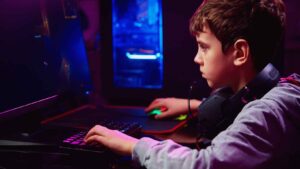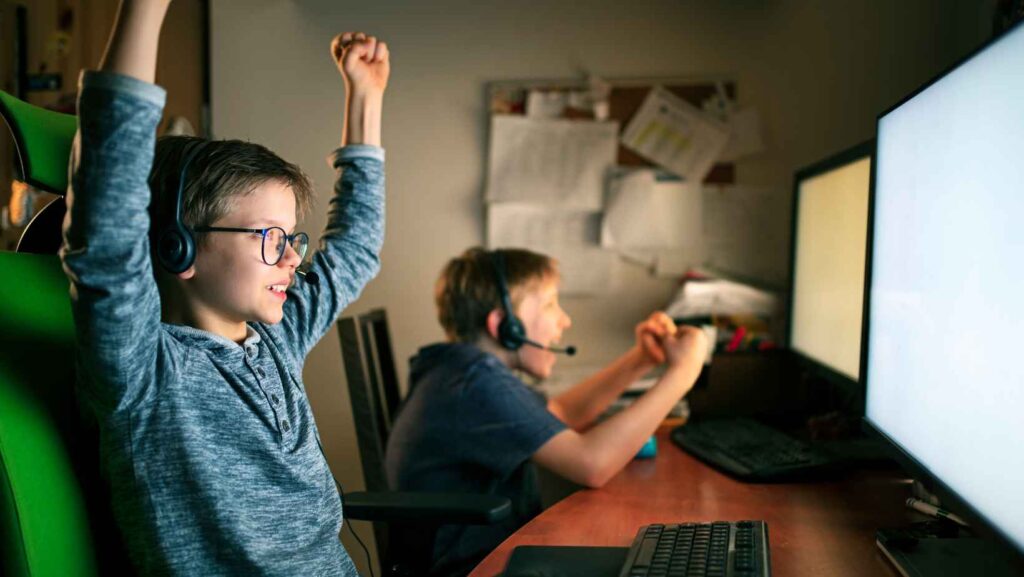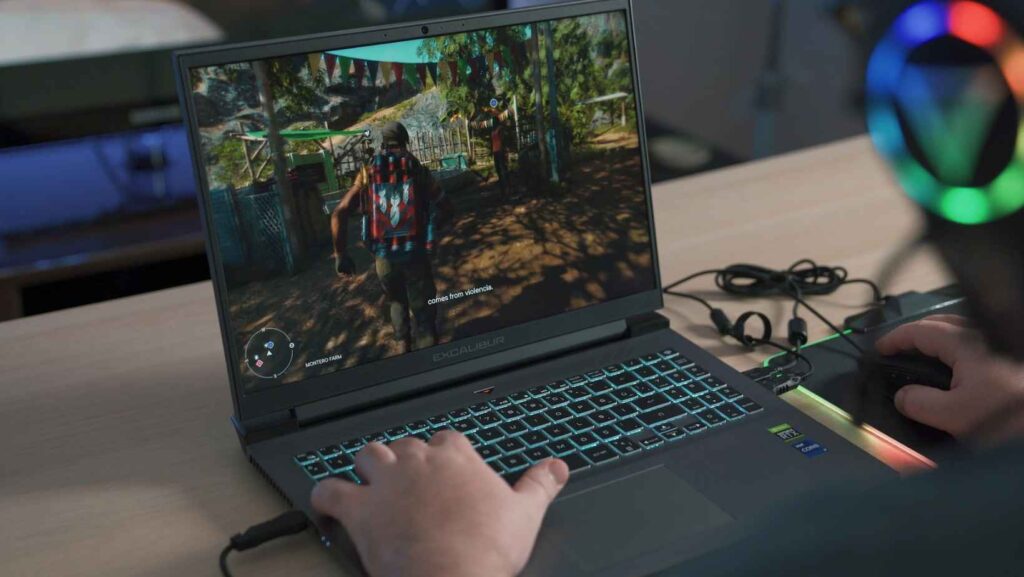In the digital age, learning to code isn’t just a fancy hobby, it’s a vital skill. And what better way to master it than through games? That’s where Code.org steps in. This non-profit organization is dedicated to making coding accessible, fun, and interactive for everyone, especially kids.
Stay tuned as we delve deeper into the enchanting realm of Code.org games, exploring their features, benefits, and the exciting opportunities they offer to young learners.
Overview of Code Org Games
Code.org positions itself as a respected non-profit organization dedicated to expanding access to computer science. It focuses on encouraging participation by women and underrepresented students of color. A global platform, Code.org, initiates the learning process with an hour of simple yet engaging code, making coding approachable to ANYONE. It’s here that Code.org games take center stage, transforming abstract coding principles into tangible and fun activities.

The primary tool of Code.org in making the realm of coding accessible and entertaining are their educational games. They’ve curated dozens of games ranging from arcade games like ‘Code Combat,’ where players overcome obstacles using code, to puzzle platforms like ‘Lightbot’ that introduce kids to procedures and loops.
Each game is designed with clear learning objectives in mind. These games not only teach basic programming concepts but, more importantly, promote logical thinking, creativity, and resilience. Every failure becomes a stepping stone to success—an essential life lesson for young learners.
Benefits of Code Org Games
Many advantages accrue from playing Code.org games, key among them being the development of coding skills and the enhancement of problem-solving capabilities.
Development of Coding Skills
Immersing oneself in Code.org games dons individuals with notable proficiency in coding. Asset is this proficiency as it introduces players to coding principles such as syntax, loops, and conditions.
For example, the ‘Code Combat’ game eases novice programmers into comprehension of Javascript or Python syntax while simultaneously stimulating users with visual challenges that foster learning. It’s not all about dry learning, though. Code.org games inject a sense of fun as young learners delve into crafting animations and games.
 Enhancing Problem-Solving Skills
Enhancing Problem-Solving Skills
Code.org games aren’t just code-learning tools; they’re also a platform that promotes sharpening of problem-solving skills. Logic is at the heart of coding, and these games put emphasis on logical reasoning, thereby fostering growth of problem-solving capabilities. Take ‘Lightbot’, a perfect example.
Navigating the little bot through puzzles provides children with a platform for testing and enhancing their logical reasoning ability—a skill that transcends coding, proving its weight in gold later in life as they tackle complex, real-world challenges. The trick is, these games pack the problem-solving training in a deceptively fun manner that children find palatable. The complex concepts are repackaged in an accessible format, proving to be an effective method of learning.
Code.org Games
Code.org offers numerous educational games, grounded in learning coding fundamentals through entertaining interactive experiences. Noted for their inherently instructive nature, these games transform abstract coding concepts into tangible, playful, and relatable scenarios.
Dance Party
Dance Party sets itself apart as a unique code.org game, leveraging the power of code to produce rhythm-filled dance scenes. Players grasp basic coding concepts by coordinating dance moves to create visually captivating performances.
The game’s objective — choreographing their dancers’ movements — encourages players to experiment with different coding variables and data structures. As a result, they gain a comprehensive understanding of important coding concepts, including sequences, events, and loops.
 Minecraft: Hour of Code
Minecraft: Hour of Code
Another notable offering from Code.org is the Minecraft: Hour of Code game. Integrated with the globally recognized Minecraft game interface, it guides players through coding fundamentals while immersed in the thrilling world of Minecraft. Players use block-based coding to navigate through challenges and adventures, learning vital coding principles, such as conditional statements and debugging.
With additional resources and community support, they can help learners overcome challenges and refine their coding abilities. It’s clear that Code.org games are shaping the future of coding education, making it accessible, engaging, and enjoyable for all.



